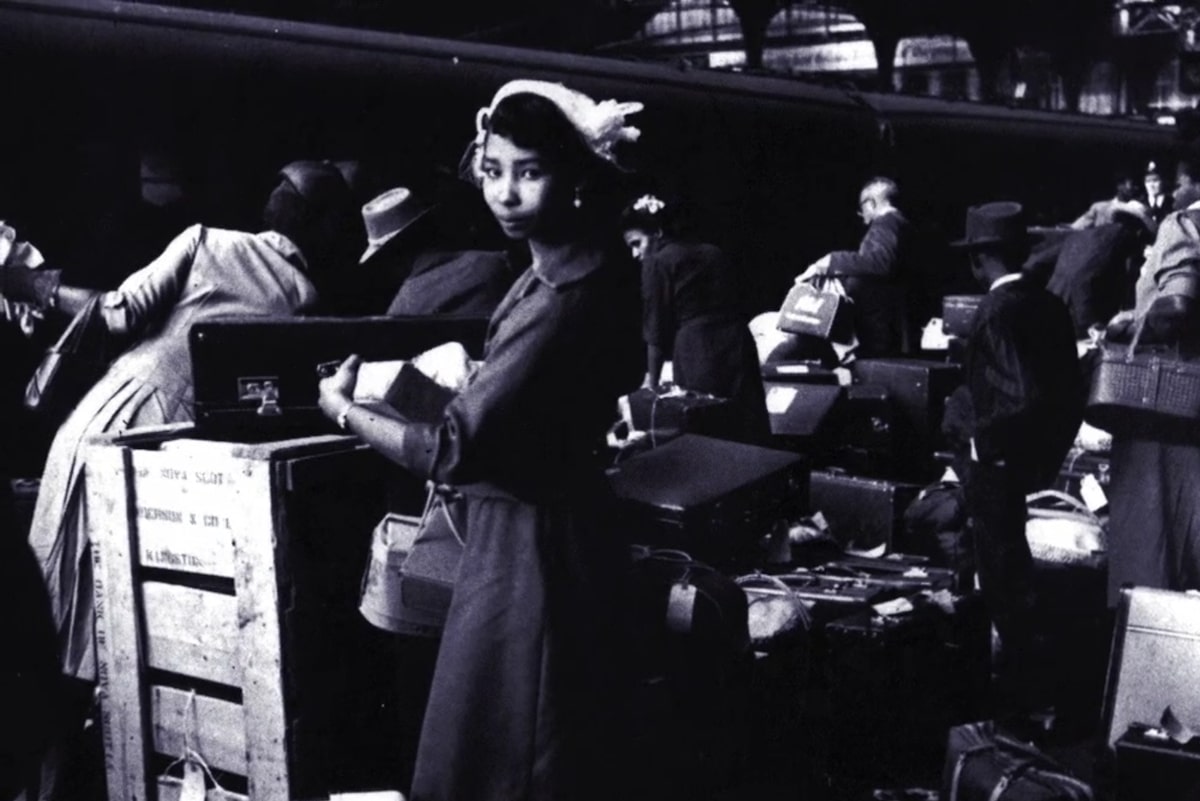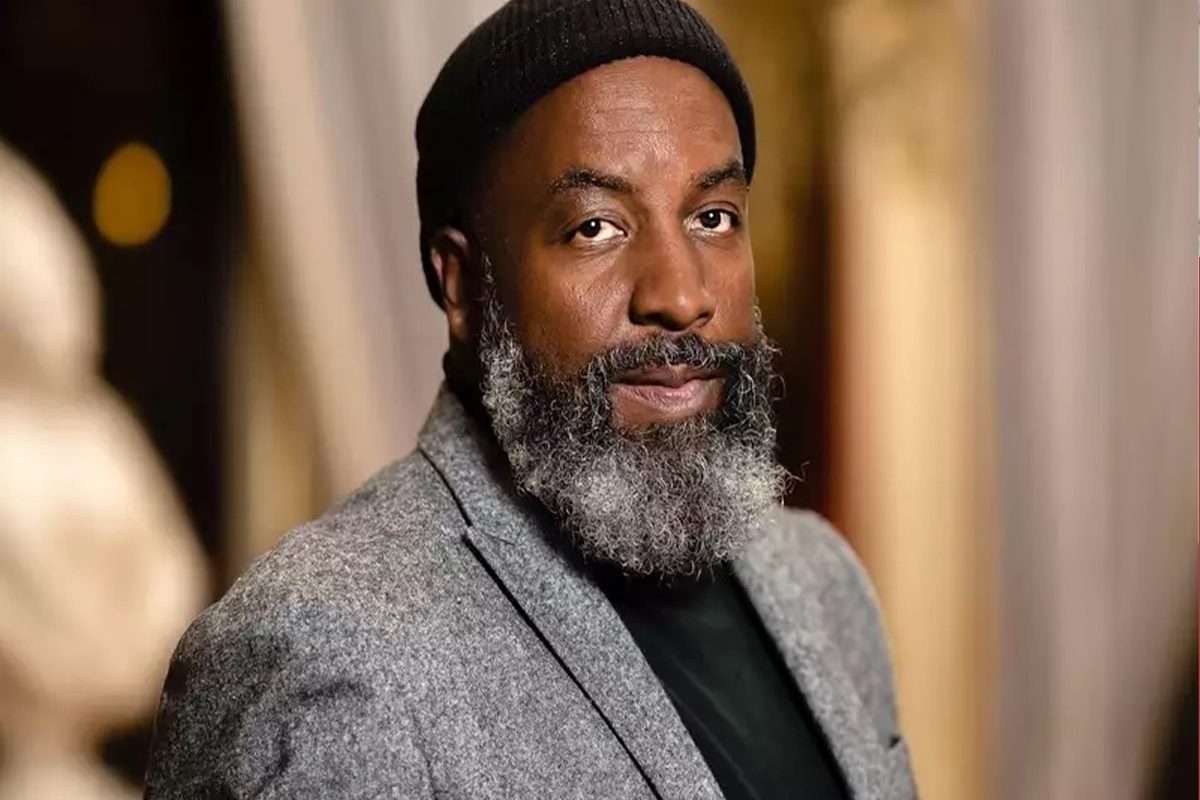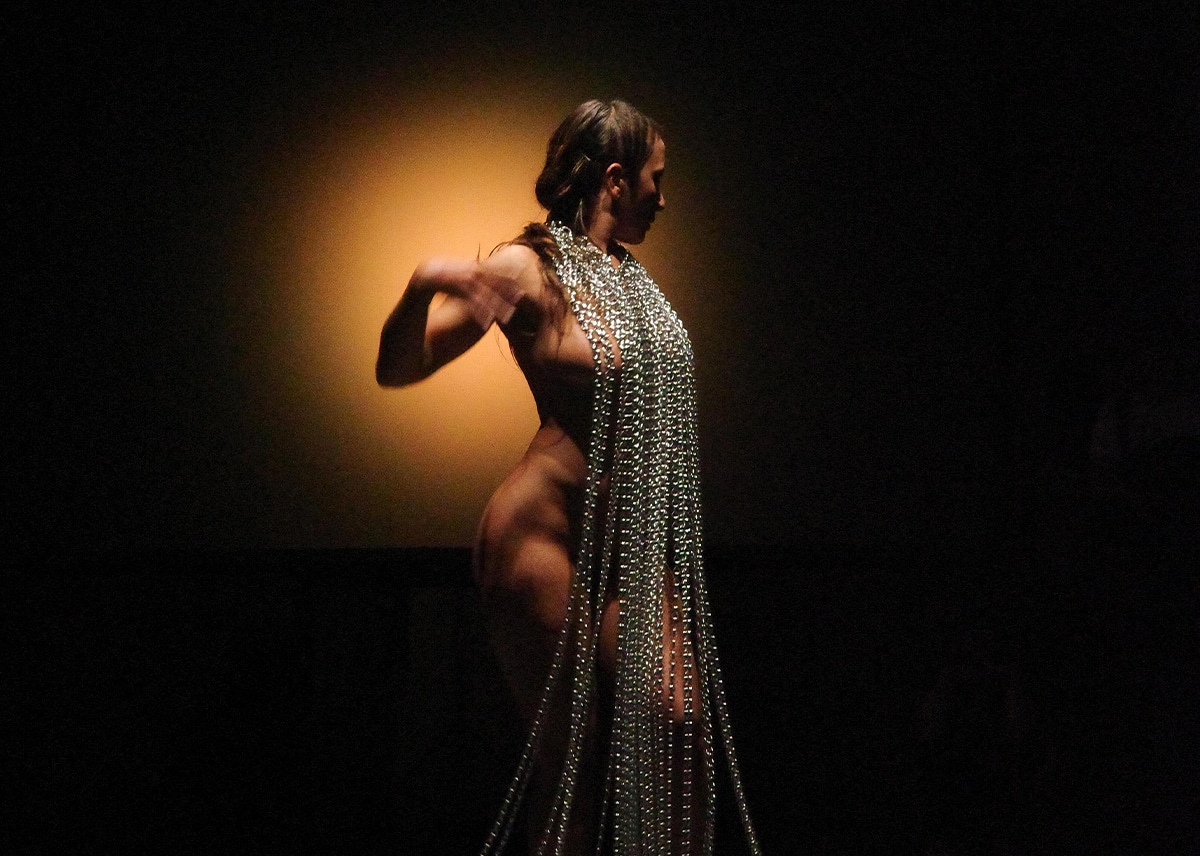To migrate or not to migrate?
Goran Gocić
Petar Zečević was a Montenegrin highlander. When his family grew big – he fathered five – Petar found employment in Treadwell, Alaska in a goldmine. But after two years, in 1908, the regular dispatches of money abruptly stopped coming. The family received the news of Petar’s demise with reserve. Rumour had it that he had changed his identity and remarried. He moved east, people said, to take part in the Porcupine Gold Rush. Even his wife Bula preferred to think that he betrayed her.
Petar was my great-grandfather. I came from a family of migrants: my grandfather ran for dear life in 1941; my uncles and father wanted to make it big in the 1970s. When I was 24, it was my turn to show what I was made of.
I first arrived at Heathrow in 1986; a long-haired, bearded hippie carrying a guitar and dreaming about becoming a musician. I soon discovered the obvious: famous bands kept their recording sessions top secret. It was easier to get a post at NASA or the CIA than at a London recording studio. By the time these simple facts of life had sunk in, my ambitions had already shifted. I purchased a second-hand Olivetti Lettera 22 typewriter in Camden market for 15 quid – the same model Leonard Cohen used to carry around. My first pieces in the Serbian press were reports from the London Film Festival.
I did not make the same mistake twice. In 1998, I arrived in style; clean shaven, dressed in a suit and necktie, carrying a Samsonite suitcase and a multiple entry visa. Nothing short of a proper gentleman with a dash of smugness. When officials addressed me as Sir, it sounded different than it had done before.
The academic year at the LSE began in October. That very same month I become a father. Unbeknownst to me, history was pregnant too. As Charles Dickens wrote in A Tale of Two Cities: ‘It was the best of times, it was the worst of times.’ The NATO bombing of Serbia commenced in March 1999. I somehow managed to get my wife and daughter – still too young to fly – out of a Belgrade cellar. My London landlord was so nervous about the prospect of a crying baby in his house that he kicked me and my family out before I could sing, ‘Leave your supper and leave your sleep and join your playfellows in the street.’
It was The Times reporter Tim Judah who usually came to my rescue in those days, letting the three of us sleep in his study until I found an apartment. It was also he who whispered into someone’s ear that a Serbian journalist was available for comments. I ended up at the BBC White City studios, where I wrestled with seasoned anchors about war and peace, might and right. I usually ended up battered and bruised after those duels, but still on my feet. That was my baptism of fire. A colleague from Belgrade, Dragana Kanjevac, who closely followed my toils at the BBC World and News 24 called me ‘a champion of the common cause’. That was the best compliment I ever got as a journalist.
The pinnacle of my exposure was as an undercover reporter for a documentary for Channel 4’s Dispatches about illegal immigrants called Bloody Foreigners (2001). After it was aired, I was offered a kamikaze gig, joining migrants who were being smuggled into Britain in lorries and writing about their experiences. I turned the offer down. Perhaps I would have become the new Nellie Bly or Günter Wallraff, but the fact that no journalist took the job before or since proved it was probably the right decision.
By that point, I felt that I had made it abroad. I was able to support my family like a proper patriarch. I was still nowhere close to my forebears in terms of courage or income but even that score was settled when I got a post in the BBC in 2000.
A few months later, a novice London publisher offered me the opportunity to do a study of my compatriot, the filmmaker Emir Kusturica. I was still in training at BBC Monitoring in Caversham and the book project demanded time and dedication. Without a second thought, I opted for the latter, unaware that I was at the most significant crossroads in my career. I never joined a corporate media company again.
While I was in England, I realised that every Christmas the same movie played on the telly. Everyone in the UK had already seen the movie several times. But everyone still cried like a baby when, at the end, the heroes of It’s a Wonderful Life show selflessness and solidarity. In the Tinseltown dream factory, this is the sole example I know of advocating solidarity. I went through the same ritual every English Christmas when millions of British souls and I shed tears together. Somehow, that sobbing and drooling along with the black and white movie from 1946 showed me the softer side of Britain and the British, drawing my attention to their vulnerability. And, I dare say, their humanity. But as soon as the Christmas holidays were over, both I and the rest of British folk would forget about solidarity, grit our teeth and return to the rat race.
Every time I catch myself barking at England, getting angry at the English, and pouring hot bile over a map of British Isles, I remember an Irishman, John Stewart, and an English woman, Mary Lou Wedderburn. They rented a house in Hackney to me for about half the market price and invited me regularly to dinner parties. They left their own house in London in my care when they went on holiday once – something my father never did – encouraging me, on top of that, to rummage around their library, videos, bedrooms, computer, study, kitchen, fridge, privacy.
John always seemed like a hardened man but when I remember him, all I can think of is his tenderness. The couple encouraged and comforted me, fathered and mothered me during my megalopolitan adventure without being intrusive. John and Mary Lou touched me to the core. They defied stereotypes about the restraint and coldness of the English, as opposed to the alleged cordiality and close family ties of the Serbs. If anything created an exception, it was my London experience from the late 1990s; if anyone made a difference, it was Tim, John and Mary Lou. I want to give this shout out to my friends: Cheers Tim, thank you John and goodbye Mary Lou, I miss you.
I tried to return the favour. I hosted three refugees from Afghanistan in my Belgrade flat for lunch. I listened to their stories, supported their plans and empathised with them in their hopes as John and Mary Lou had empathised, listened and supported mine. I hope that one day they will also have the opportunity to feed and host someone, say, a migrant, regardless of what they are running away from.
An Alaska Saga of Riches and Ruin: Treadwell Gold, a book about the accident in the mine where my great-grandfather worked, dispelled all of the flights of fancy that had blossomed in my the family for a hundred years. Petar had definitely left his bones in Alaska; my cousin has visited Juno and found the misspelled name among the victims. ‘Peter Zocevich’ was killed in 1908 and buried at Evergreen cemetery in Juno.
Notes from the Underground: The Cinema of Emir Kusturica was a commercial and critical success. It was listed by Philip French of the Observer among five best British film books in 2001. Available in academic libraries worldwide, it has been enthusiastically reviewed, used in curriculums, and quoted extensively on four continents. Alas, for my sole international bestseller I signed the worst publishing deal of my life.
I was a late bloomer. I was already 35 when I published my first book, Andy Warhol and the Strategies of Pop. My journey to Thailand in 2010 and acquaintance with a bargirl in Bangkok was so intense that it turned me into a storyteller. My first novel Thai, published when I was 51, was surprisingly successful: it was a national bestseller and one of the three most awarded Serbian novels of all time.
I haven’t visited Britain in 24 years. Perhaps I subconsciously avoid returning to the crime scene of my youth. Perhaps I don’t want to drive home the fact that I would not recognise Hackney, and neither it would recognise me. Instead, I tried to resurrect the Thatcher era in a novel Last Stop Britain (2017) in which young migrants are bumming around in London, just like me in the 1980s. The book is somewhat like Down and Out in London and Paris of my generation.
In my dreams of Britain, I am still young and promising, squatting in Southwark, and wandering round squalid, barely habitable houses. I flatter myself that only now, at 62, I am finally the writer I always strived to be, with a proper understanding of the subtle mechanism that runs the world. My psychiatrist, on the other hand, believes that the ruined homes from my dreams represent myself.
My dead white male artist
A love story in three paintings
A flag as a broken mirror
Encountering men attempting to claim the Union and St George’s flags as signifiers of the far-right, John Siddique turns to a patron saint of his bookshelf, James Baldwin, for guidance
Carefully remembering as healing
Tending to the legend of forgotten Black Londoner Mary Woolaston
Speaking in Tongues
JM Coetzee and Mariana Dimópulos discuss political and ethical issues of translation
Mahsa Salali: THE CALL: MUBĀH مُباح
A theatrical performance, a sequence of ceremonial actions that redefines the body’s presence
Małgorzata Mirga-Tas
Representing the visual marginalisation of Roma life

Preaching
'Preaching': A new poem by the T.S.Eliot Prize-winning poet Roger Robinson, from his forthcoming New and Selected Poems (Bloomsbury in 2026).

Walking in the Wake
Walking in the Wake was produced for the Estuary Festival (2021) in collaboration with Elsa James, Dubmorphology and Michael McMillan who meditates on the River Thames as we follow black pilgrims traversing sites of Empire.

Illuminating, in-depth conversations between writers.
SpotifyApple Podcasts
Amazon Music
YouTube
Other apps

The series that tells the true-life stories of migration to the UK.
SpotifyApple Podcasts
Amazon Music
YouTube
Other apps















